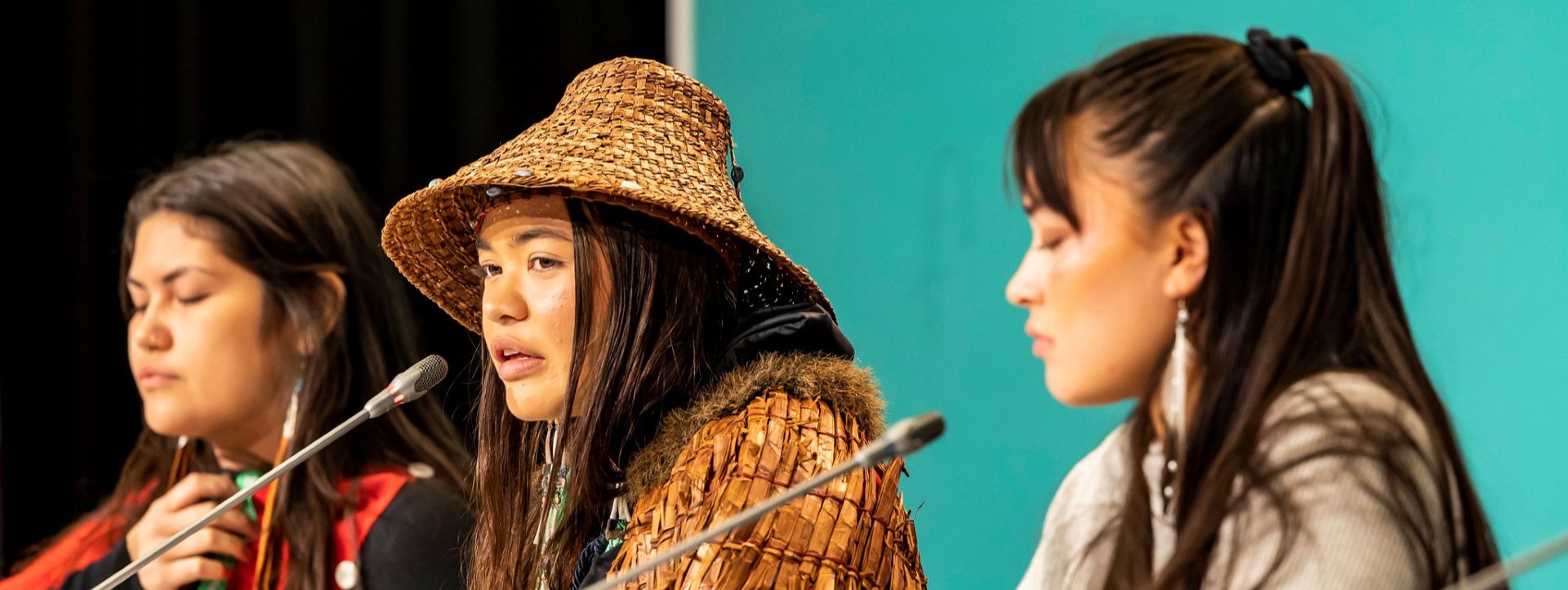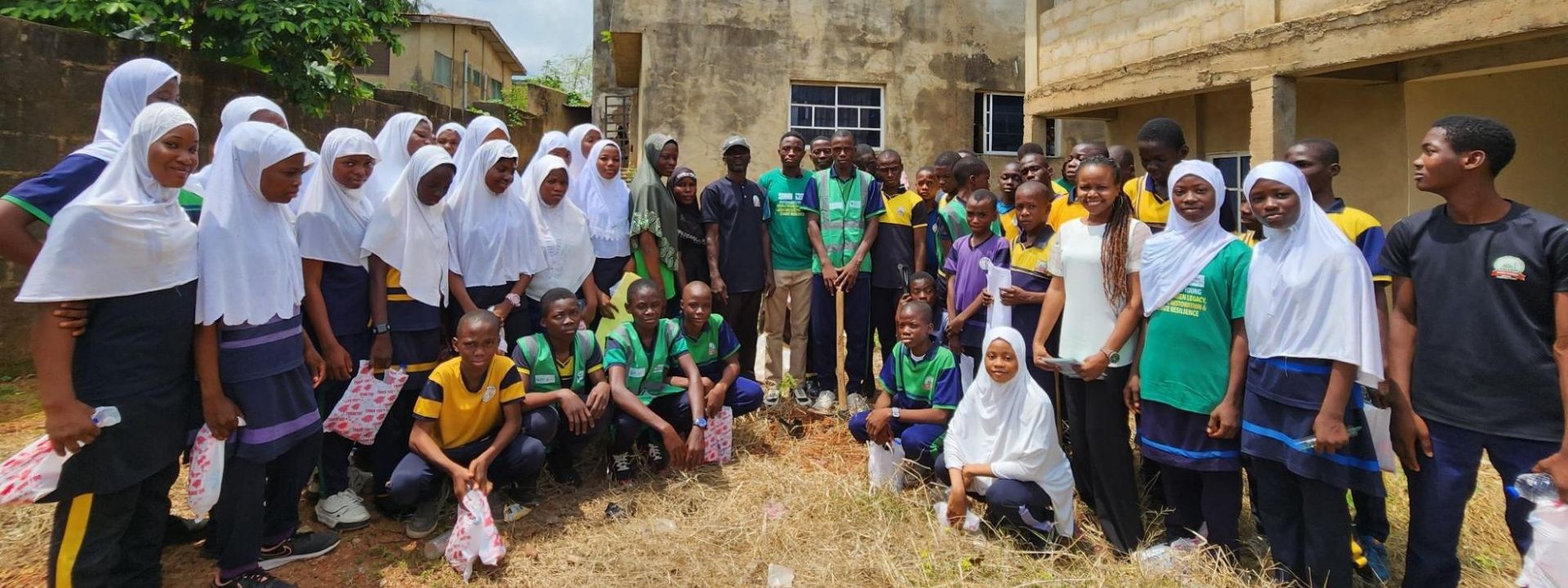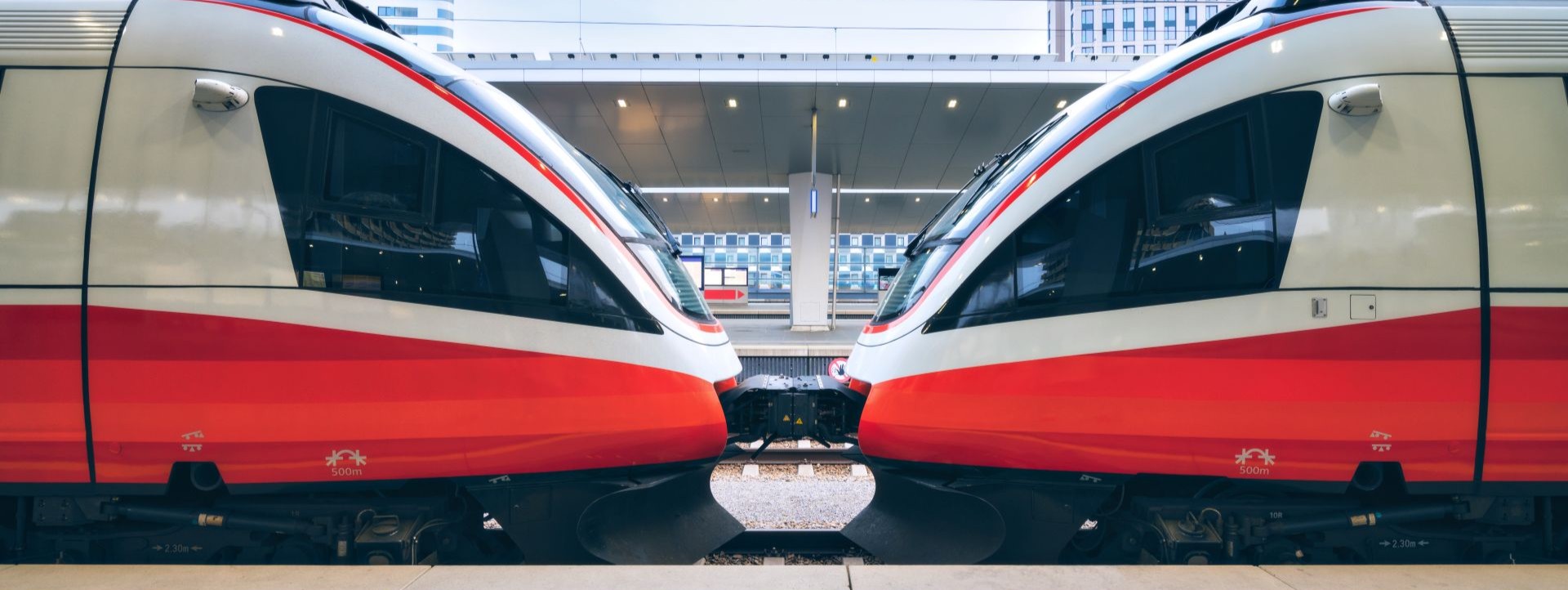
GLF Africa 2025 gathered nearly 2,500 people online and in Nairobi, Kenya, to explore and learn from experts how communities and ecosystems across the continent can thrive under a nature economy.
Nairobi, Kenya (19 June 2025) – Today, GLF Africa 2025: Innovate, Restore, Prosper – hosted by the Global Landscapes Forum (GLF) and CIFOR-ICRAF – brought together nearly 2,500 participants from 118 countries online and in Nairobi, Kenya, to explore how local communities are spearheading a green transition across Africa.
The Forum, which has reached over 9 million people on social media, convened African and global innovators, scientists, investors and community leaders to raise their voices, share insights and spotlight how grassroots action is leading the way – from ecosystem restoration, land rights and diverse knowledge systems to green jobs, natural capital and AI.
Here’s what experts shared at GLF Africa 2025:
Innovation and AI for people and planet
“When raw data is given meaning, it becomes information. When information is put into context, it becomes knowledge. And when knowledge becomes actionable and applied, only then does it become wisdom. That is the work we all need to do – to move into wisdom territory. To turn data into gold. Africa already has immense natural capital. It’s our responsibility to bring intelligence, meaning and context towards a nature economy.” – Éliane Ubalijoro, CEO, CIFOR-ICRAF.
“AI technology is going to help us only when we include the farmer not just as the end user but as a co-creator in our solutions. … Leveraging what people know is one way we can find better fitting solutions for them.” – Esther Maina, Geospatial Developer, Kenya Space Agency.
“Data and AI play a pivotal role in unlocking some of those insights that we’ve never had access to before, bringing a level of transparency that can restore trust in our ecosystem. Data creates transparency, transparency creates trust, and trust accelerates investments. It will only work, though, if we really start treating our natural capital as a core economic driver … with the potential to unlock trillions in capital.” – Kate Kallot, Founder & CEO, Amini AI.
Restoring and reclaiming Africa’s landscapes
“Land rights are the foundation for Africa’s nature economy. How can we make sure that Africa’s relationship with the West or the private sector is based on a win-win situation? We all know that the West has the technology, but we have the resources, so that should put Africa in a very powerful bargaining position.” – Solange Bandiaky-Badji, President, Rights and Resources Group (RRG), Coordinator, Rights and Resources Initiative (RRI).
“Indigenous people, particularly those on drylands – they have been living their life for generations, overcoming challenges and uncertainties just with the simple knowledge of understanding the environment.” – Joshua Laizer, Co-founder, Tanzania Conservation and Community Empowerment Initiative (TACCEI) and GLFx Maasai Steppe.
“We need to create enabling ecosystems that support people to do more restoration and tap into nature-based economies, because policies without people is just poetry.” – Melyn Abisa, INUKA Project Coordinator, Youth4Nature.
Prosperity through working with nature
“We [need to] give value to our biomass … that helps keep natural capital in the right state. The current model that we operate in the restoration community is only capturing and valuing 6–10% of the biomass. It’s largely based around commodities and non-timber forest products: coffee, cashew, macadamia, timber. We export everything raw.” – Peter Minang, Director for Africa, CIFOR-ICRAF.
“We need a shift from aid to investment-centered development. Africa is home to $6.5 trillion in natural resources, a population that is about to reach 2.5 billion by 2050 and 60% of the world’s renewable energy potential. This is not a charity case. This is a compelling investment case that the world cannot afford to ignore.” – Sellah Bogonko, Co-Founder and CEO, Jacob’s Ladder Africa.
“Africa’s nature economy has the potential to sustain ourselves, so there’s no need for us to heavily rely on foreign aid. We are our own resource” – Steve Misati, Director at Youth Pawa and 2024 Ocean Restoration Steward.
FIGURES
- Over 60% of Africa’s economy relies on its natural capital – from forests and biodiversity to water and land.
- Investing in restoration and sustainable landscape practices could deliver major ecological, social and financial returns, with up to 600% returns on investment.
- Up to 70% of communities in Sub-Saharan Africa rely on forests and woodlands for their livelihoods.
- 65% of Africa’s productive landscapes are degraded, driven largely by the climate crisis, insecure land rights and underfunded restoration initiatives.
- Africa’s demands for food, shelter and jobs will increase as its population is expected to grow from 1.5 billion to 2.5 billion by 2050.
Rewatch GLF Africa 2025 for free and learn first-hand what all experts shared: bit.ly/GLFAfrica2025.
###
NOTES TO EDITORS
- Download visuals from the GLF Africa 2025 Trello board.
- Soon, photos from GLF Africa 2025 available on our Flickr.
- Read the event’s concept note in English or French for background and data.
- For more information, additional quotes or interviews, contact Kelly Quintero (k.quintero@cifor-icraf.org). Let us know if you’re looking for experts by topic, region or language.
ABOUT THE GLF
The Global Landscapes Forum (GLF) is the world’s largest knowledge-led platform on integrated land use, connecting people with a shared vision to create productive, profitable, equitable and resilient landscapes. It is led by the Center for International Forestry Research and World Agroforestry (CIFOR-ICRAF), in collaboration with its co-founders UNEP and the World Bank, and its charter members. Learn more at www.globallandscapesforum.org.








Share your thoughts with us